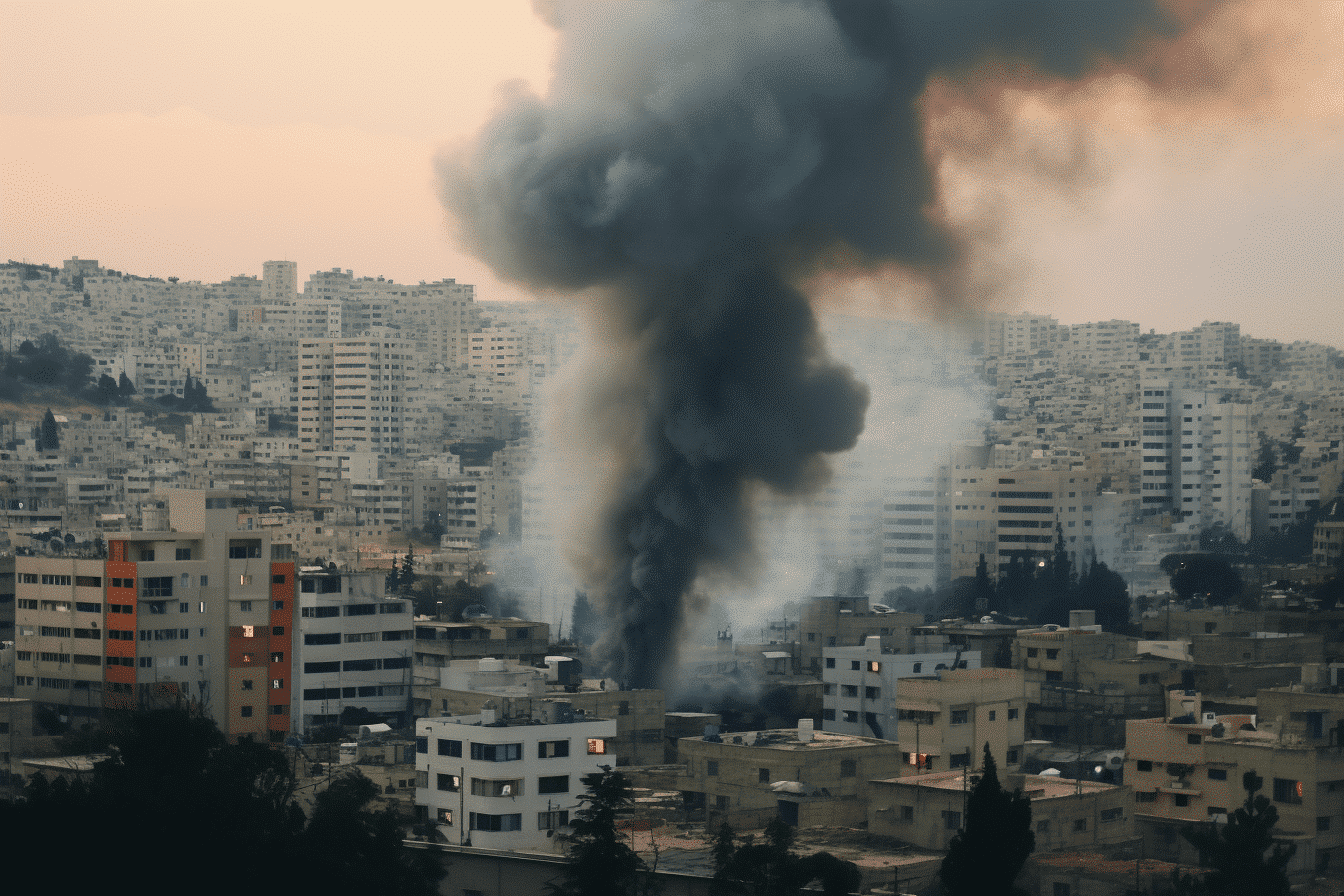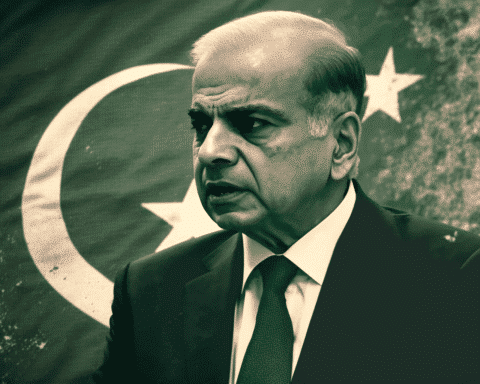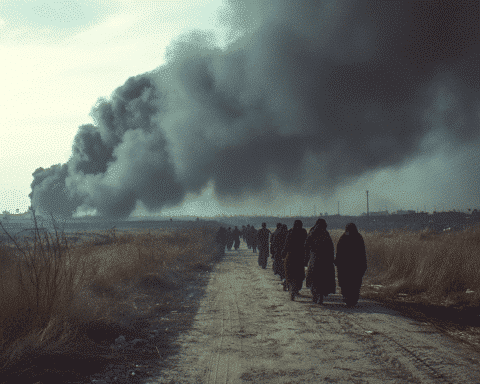In an unprecedented turn of events, the Israeli military confirmed its ground troops have commenced small-scale operations within the Gaza Strip. As Israel and Hamas engage in a week-long conflict, the region teeters on the edge of a larger-scale conflict with international implications.
The Israeli army’s statement reveals that troops have entered Gaza to combat militants, destroy weapons caches, and investigate clues regarding hostages reportedly held by Hamas. This move, however, does not signify the start of a predicted ground invasion. Following a fatal incursion by Hamas militants last Saturday, Israel began amassing troops along the Gaza perimeter.
Northern Gaza witnessed a massive exodus as the Israeli military advised approximately one million residents to relocate toward the southern region, an order given in anticipation of a potential ground offensive against Hamas. The United Nations, alarmed by this directive, urged Israel to retract the evacuation order, pointing out the catastrophic ramifications of nearly half of Gaza’s populace relocating simultaneously.
Amid the turmoil, Nebal Farsakh, a spokesperson for the Palestinian Red Crescent, heartbreakingly expressed the current sentiment: “Forget about food, forget about electricity, forget about fuel. The only concern now is if you’ll make it if you’re going to live.”
The volatile situation has triggered reactions across the Middle East. Israel’s consistent bombardment of Gaza, following the sudden and devastating Hamas assault on southern Israel, has intensified tensions. Israel has stated that it will not permit supplies into Gaza until the hostages are released.
The conflict is not just military but deeply rooted in the historical and emotional experiences of the residents. The massive evacuation evokes memories of the 1948 displacement, the “nakba.” “What has Hamas done to us? It brought us catastrophe,” stated Tarek Mraish, a Gaza resident, echoing the sentiments of many others.
From Human Rights Watch, Clive Baldwin underscored the grim reality: “Ordering a million people in Gaza to evacuate, when there’s no safe place to go, is not an effective warning.” The conflict further complicated the region’s geopolitics, with countries like Egypt concerned about a potential influx of Palestinians into its territory.
While Israeli Prime Minister Benjamin Netanyahu remains resolute in his mission to “crush” Hamas, international stakeholders, including U.S. Secretary of State Antony Blinken, closely monitor and influence the situation.
The ongoing conflict reiterates the complexities and the deep-seated issues surrounding the Israel-Palestine relationship. As the world watches with bated breath, it is imperative for diplomatic channels to open, emphasizing peace, understanding, and humanitarianism.




